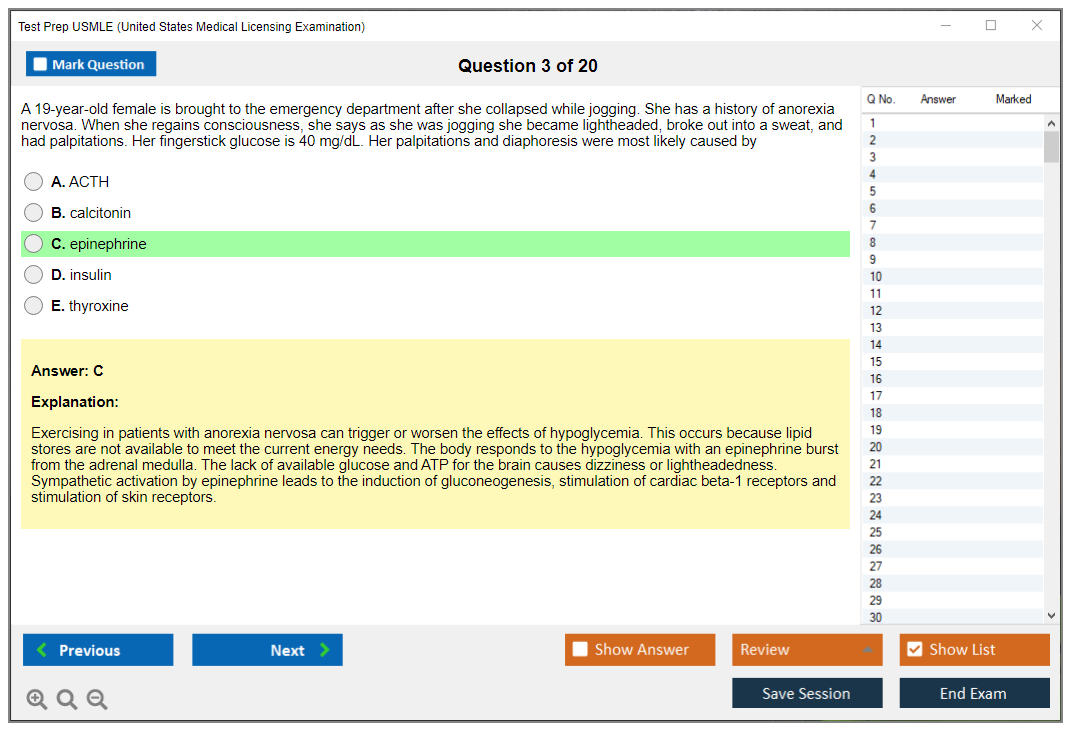
Psychiatric rehabilitation, psychotherapy, and vocational rehabilitation are very important for recovery of higher psychosocial function. When there is risk to self or others, usually early in treatment, hospitalization may be necessary. There is growing concern by some researchers that antidepressants may increase psychosis, mania, and long-term mood episode cycling in the disorder.

The mainstay of current treatment is antipsychotic medication combined with mood stabilizer medication or antidepressant medication, or both. Diagnosis of schizoaffective disorder is based on DSM-V criteria as well as the presence of various symptoms such as mania, depression, and schizophrenia. Though schizoaffective disorder and schizophrenia are often thought of as mood disorders, DSM-V criteria classifies them as psychotic disorders.

While a diagnosis of schizoaffective disorder is rare in the general population, it is considered a common diagnosis among psychiatric disorders. People with schizoaffective disorder are likely to have co-occurring conditions, including anxiety disorders and substance use disorders. No single isolated organic cause has been found, but extensive evidence exists for abnormalities in the metabolism of tetrahydrobiopterin (BH4), dopamine, and glutamic acid in people with schizophrenia, psychotic mood disorders, and schizoaffective disorder. Genetics (researched in the field of genomics) problems with neural circuits chronic early, and chronic or short-term current environmental stress appear to be important causal factors. A mood disorder is not in the schizophrenic spectrum. Schizoaffective disorder and other disorders on the schizophrenic spectrum are evaluated as a psychotic disorder in the DSM-V, so the line between psychotic or not psychotic begins at a mood disorder, as being considered not psychotic, and schizoaffective disorder along with other disorders of the schizophrenia spectrum, as being considered psychotic. A mood disorder would be the less severe diagnosis, while schizophrenia would be the more severe diagnosis with schizoaffective disorder being a bridge between the two disorders. On a ranking scale of symptom progression of mental health issues relating to the schizophrenic spectrum, a mood disorder would be the first diagnosis as symptoms progress it would then be diagnosed as schizoaffective disorder, and if symptoms progress even more it would then be diagnosed as schizophrenia, with other disorders included on the ranking as well depending on symptoms. The onset of symptoms usually begins in young adulthood.

Auditory hallucinations, or "hearing voices", are most common. Common symptoms of the disorder include hallucinations, delusions, and disorganized speech and thinking. There are two types of schizoaffective disorder: the bipolar type, which is distinguished by symptoms of mania, hypomania, or mixed episode and the depressive type, which is distinguished by symptoms of depression only. It is imperative for providers to accurately diagnose patients, as treatment and prognosis differ greatly for each of these diagnoses. Schizoaffective disorder can often be misdiagnosed when the correct diagnosis may be psychotic depression, bipolar I disorder, schizophreniform disorder, or schizophrenia. The main criterion for a diagnosis of schizoaffective disorder is the presence of psychotic symptoms for at least two weeks without any mood symptoms present. This diagnosis is made when the person has symptoms of both schizophrenia (usually psychosis) and a mood disorder: either bipolar disorder or depression. Schizoaffective disorder ( SZA, SZD or SAD) is a mental disorder characterized by abnormal thought processes and an unstable mood. Psychotic depression, bipolar disorder with psychotic features, schizophreniform disorder, schizophreniaĪntipsychotics, mood stabilizers, antidepressantsĭepends on the individual, medication response, and therapeutic support available Genetics, brain chemistry and structure, stress, drug use, trauma from abuse Hallucinations, delusions, disorganized thinking, depressed mood, manic behavior Medical condition Schizoaffective disorder


 0 kommentar(er)
0 kommentar(er)
